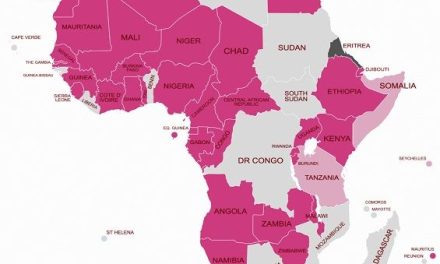
Turn on you radio, tune in, and get your weekly dose of economics. It’s fun

For the past year, I have been doing weekly radio interviews, very similar in format to the eight-year uninterrupted radioshow I did on the NBC’s Hartklop FM. Only this time, the audience is mainly young people, the listeners of Energy 100 who come from an entirely different demographic.
The idea behind these talks is to take complex economic concepts and unpack them for a lay audience. This sounds fairly simple at first. All one has to do is explain the economics in simple layman’s language. Ha, that was the first surprise, it is exceedingly difficult to take a technical subject and break it down into digestible, comprehensible chunks without the jargon that goes with the discipline.
In effect it implies that the teacher (in this case, me) must re-invent the subject in a new, uncomplicated jargon that the target audience understands. This can only work when I employ events and incidents from everyday life, and turn these into economic metaphors.
With the long-running series on Hartklop, it became easier as the host, Andries Mouton, and I first found the parameters of the various discussions, and then designed an arsenal of metaphors which we borrowed from farm life. This made good sense since a large part of the audience is farmers.
Now fast forward a few years and again, I am tackled to come an make economics everybody’s favourite subject, but this time for a young urban audience.
That proved more difficult than I could imagine. First, given the fact that the audience is young to very young as determined by the rest of Energy 100’s content, the old arsenal of rural images, did not work.
Second, a large part of a young person’s life consists of listening to music so your medium must align, as far as possible, to a certain type of music. Here I also failed the test because as we soon found out, the hot names that came up I have never heard of, and our know-it-all audience have almost to the man, (or woman) never heard of Mozart or Chopin.
The walls of resistance that we encountered demand a quick change in tack. Whereas the Hartklop talks would carry on for 45 minutes, all about the same subject and in incredible detail, the Energy 100 talks were split into three 7-minute blurps. This of course forced me to prepare for every session as the technicians in the studio expected me to define topics, and then to make sure that our short discussions do not exceed the 7-minute restriction.
This proved to be fairly difficult at first. I had to adjust my way of approaching the economic discipline completely. Not only was a new, young style and idiom required, I also had to come up with a whole set of examples that appeal to the young audience. It was not easy or simple.
Take for instance a concept like the velocity of money. How do you explain to a lay audience that the same dollar participates in innumerable transaction almost every day, and that each of these is captures at a specific value point.
What saved me is a vibrant, young presenter. If it were possible to explain economics to the people in the studio, using everyday popular concepts, and making it interesting and appealing, then it can be done for any person anywhere in Namibia. There is only one condition: You have to love the type of music Energy 100 plays and you must want to be part of their other regular talks. If you as listener or reader can answer Yes to these two conditions, then line up and join in for the next episode of “Econochat, Let’s talk business.” You will brush up on your economics, and you will be part of an enjoyable, relaxed chat while you gradually learn that everything we do, everyday, everywhere, is economics.













































